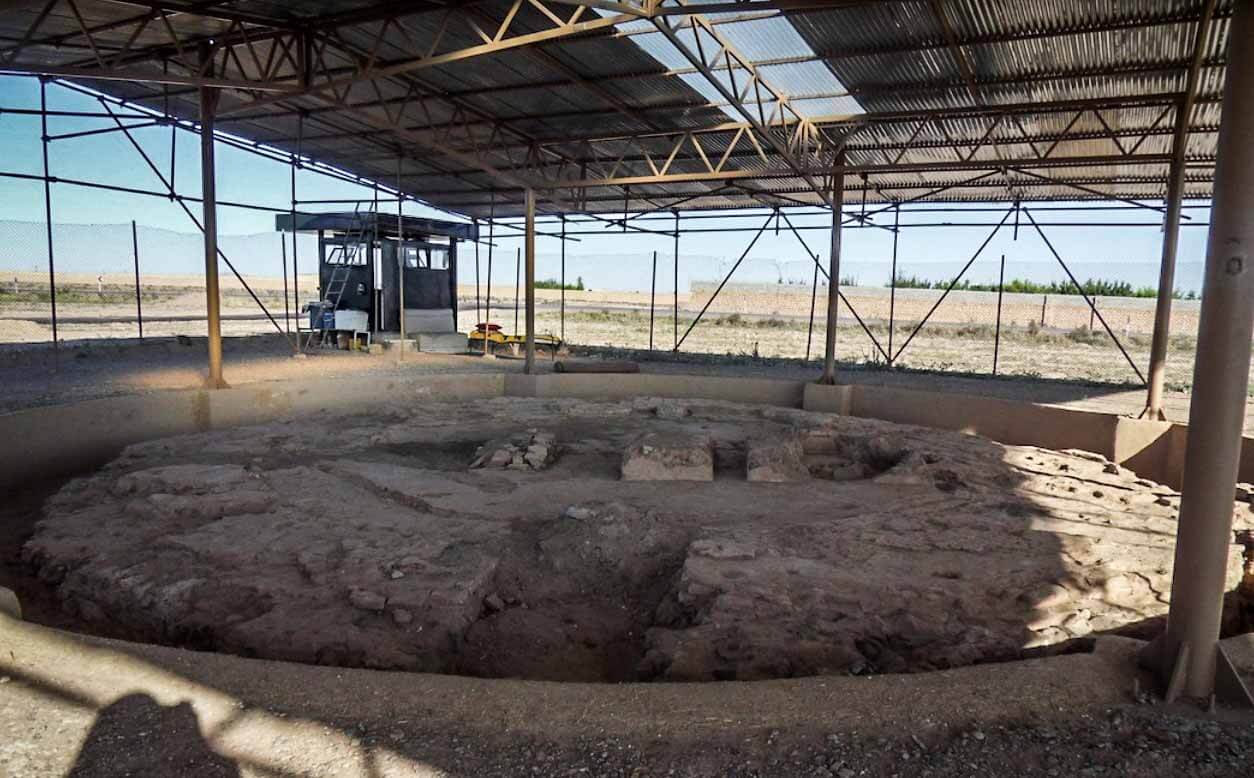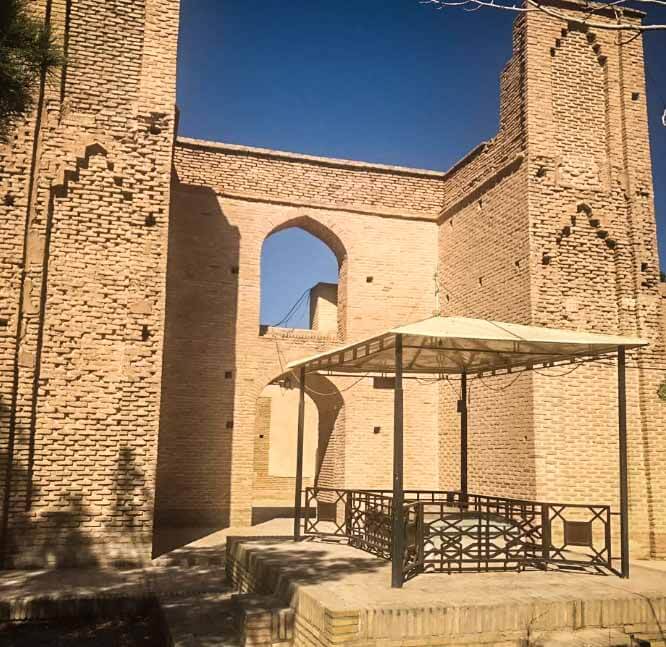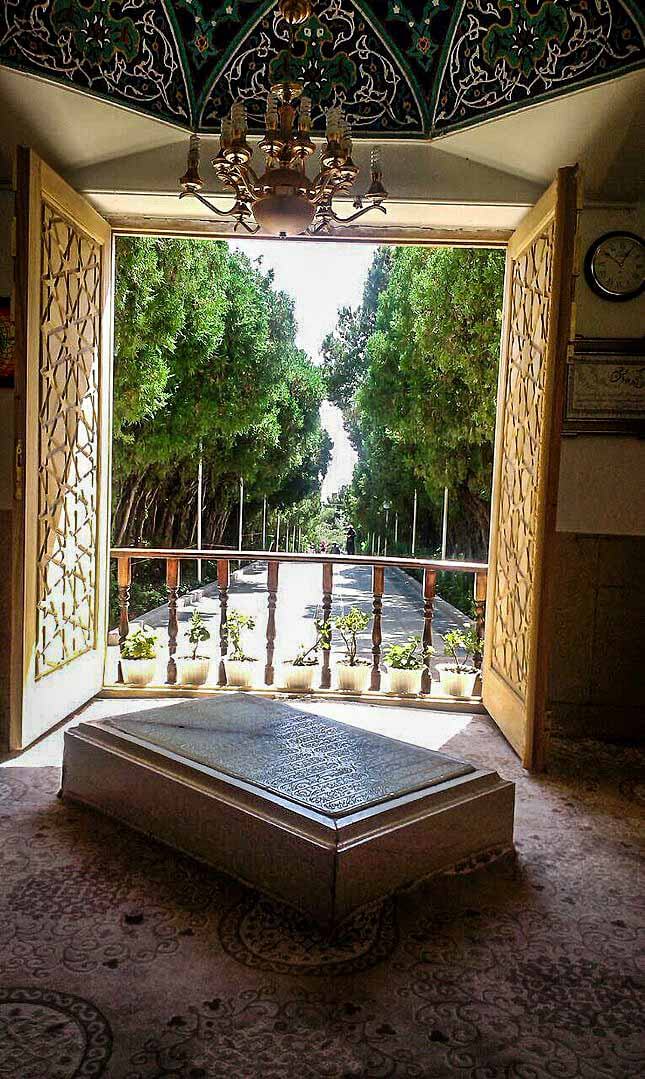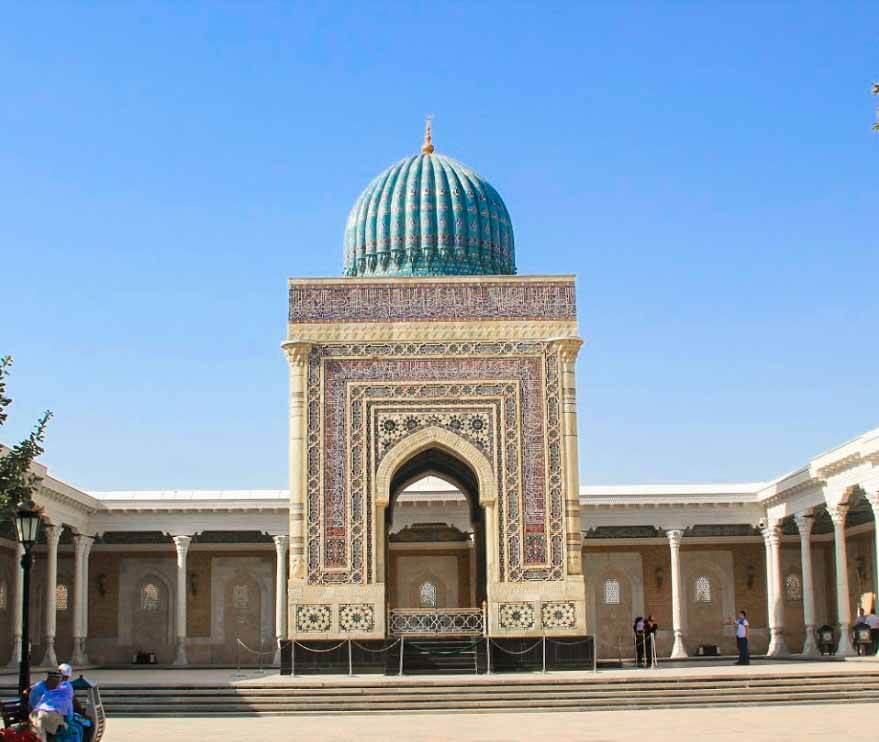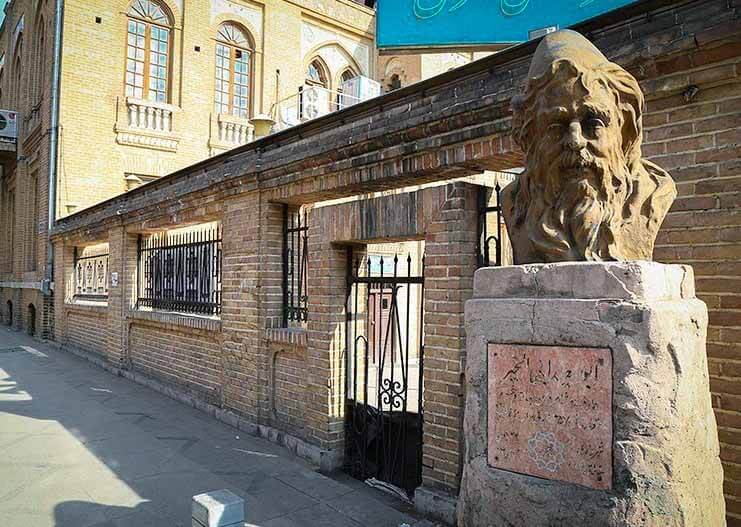Tus, Iran
Coordinates: 36.491977, 59.511757
Al-Ghazali رحمة الله عليه was a Persian philosopher who was one of the most prominent and influential Muslim philosophers, theologians, jurists, and mystics, of Sunni Islam.
Most Muslims consider him to be a Mujaddid, a renewer of the faith who, according to the prophetic hadith, appears once every century to restore the faith of the ummah (“the Islamic Community”).
His works were so highly acclaimed by his contemporaries that Al-Ghazali رحمة الله عليه was awarded the honorific title “Proof of Islam” (Hujjat al-Islam).
Al-Ghazali رحمة الله عليه believed that the Islamic spiritual tradition had become moribund and that the spiritual sciences taught by the first generation of Muslims had been forgotten.
That resulted in his writing his magnum opus entitled Ihya’ ‘ulūm ad-dīn (“The Revival of the Religious Sciences”).
Among his other works, the Tahafut al-Falasifa (“Incoherence of the Philosophers”) is a significant landmark in the history of philosophy, as it advances the critique of Aristotelian science developed later in 14th-century Europe.
Disciplining the Soul
One of the key sections of Ghazali’s Revival of the Religious Sciences is Disciplining the Soul, which focuses on the internal struggles that every Muslim will face over the course of his lifetime.
The first chapter primarily focuses on how one can develop himself into a person with positive attributes and good personal characteristics.
The second chapter has a more specific focus: sexual satisfaction and gluttony. Here, Al-Ghazali رحمة الله عليه states that indeed every man has these desires and needs, and that it is natural to want these things. However, the Prophet ﷺ explicitly states that there must be a middle ground for man, in order to practice the tenets of Islam faithfully.
The ultimate goal that Al-Ghazali رحمة الله عليه is presenting not only in these two chapters, but in the entirety of The Revival of the Religious Sciences, is that there must be moderation in every aspect of the soul of a man, an equilibrium.
These two chapters were the 22nd and 23rd chapters, respectively, in Ghazali’s Revival of the Religious Sciences.
Influence
During his life, he authored over 70 books on science, Islamic reasoning and Sufism. Al-Ghazali رحمة الله عليه distributed his book The Incoherence of Philosophers, set apart as the defining moment in Islamic epistemology.
Another of Al-Ghazali رحمة الله عليه’s most prestigious works is Ihya’ Ulum al-Din (“The Revival of Religious Sciences”). The work covers all fields of Islamic science and incorporates Islamic statute, philosophy and Sufism.
Al-Ghazali رحمة الله عليه likewise assumed a noteworthy part in spreading Sufism and Sharia. He was the first to consolidate the ideas of Sufism into Sharia laws and the first to give a formal depiction of Sufism in his works. His works fortify the position of Sunni Islam, contrasted with different schools of thought.
Al-Ghazali رحمة الله عليه succeeded in gaining widespread acceptance for Sufism at the expense of philosophy.[49] At the same time, in his refutation of philosophers he made use of their philosophical categories and thus helped to give them wider circulation.



